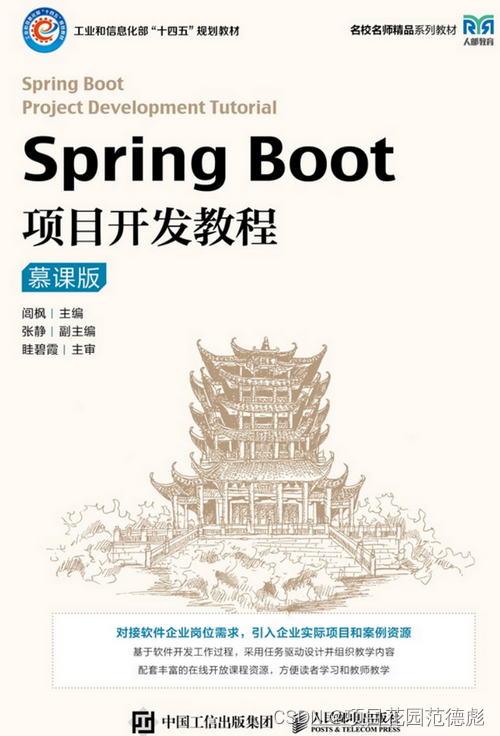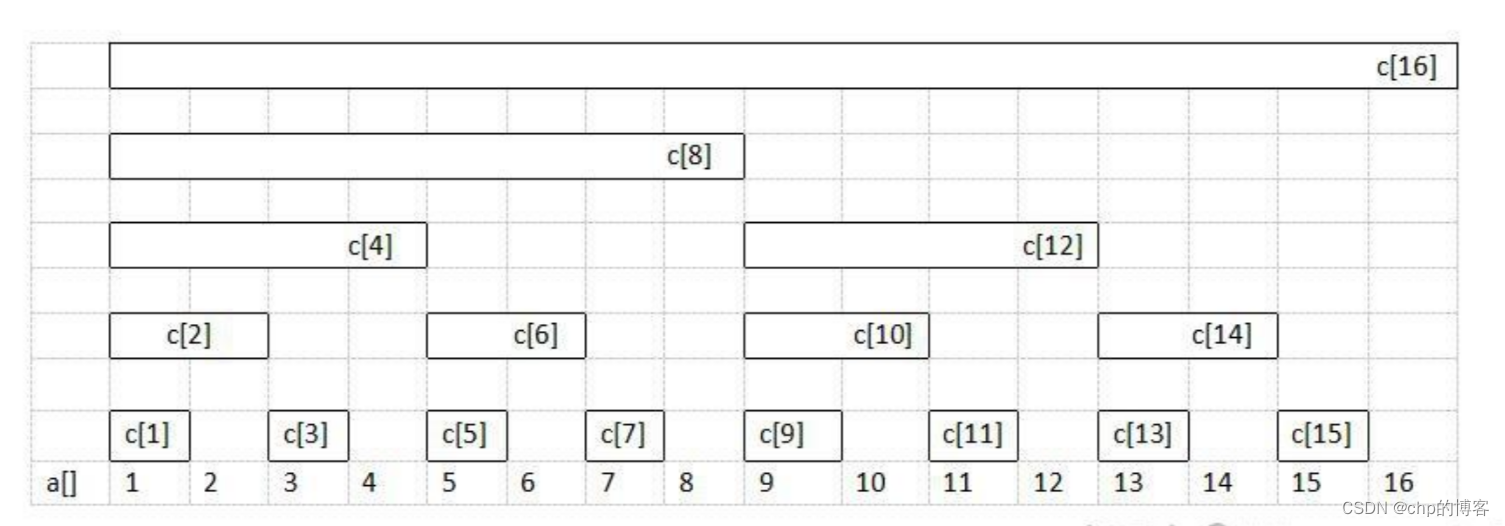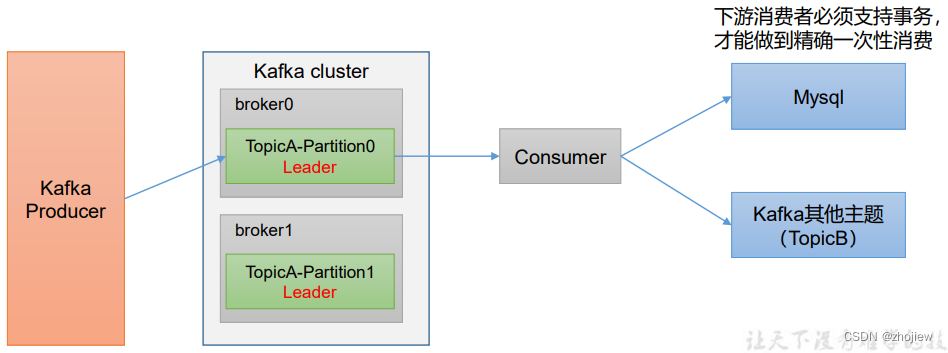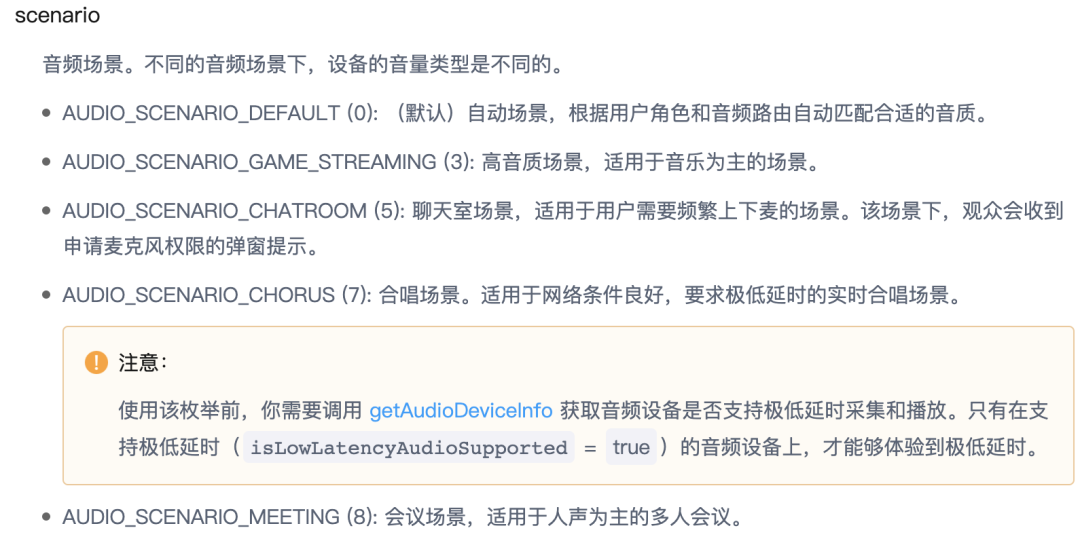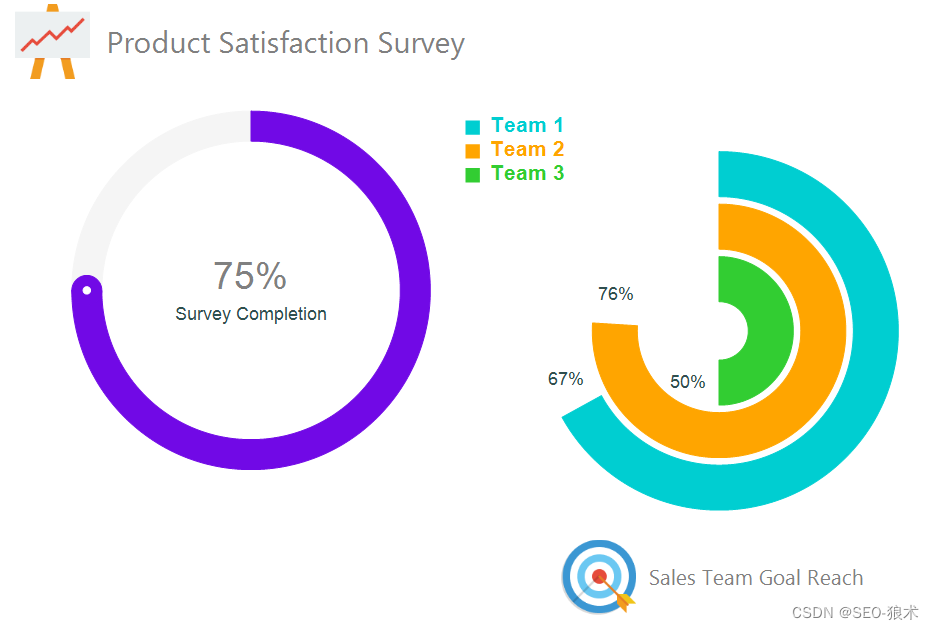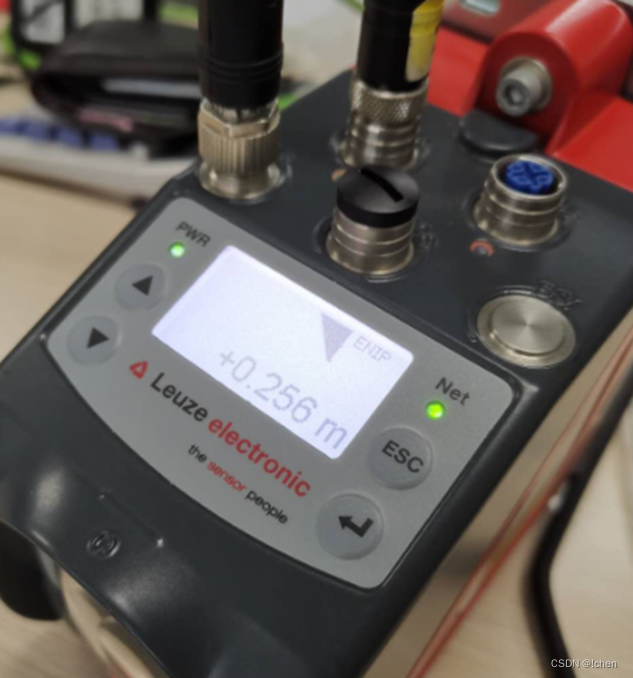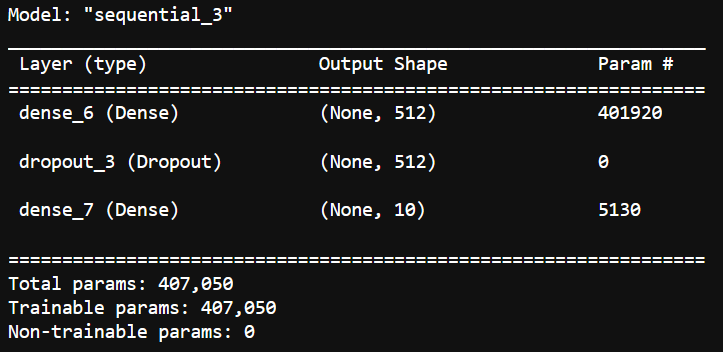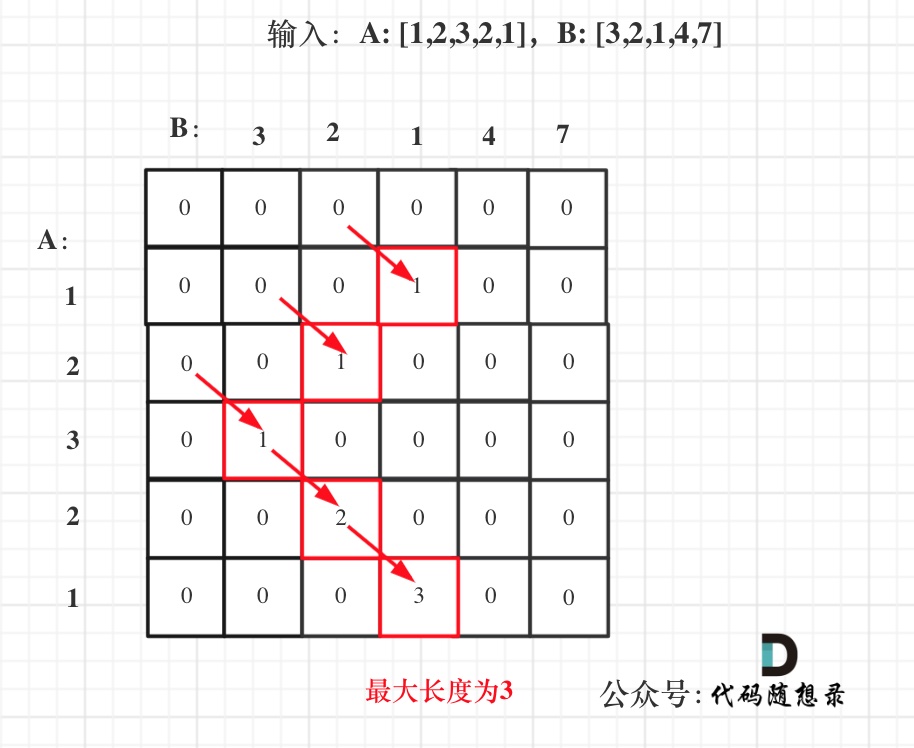概述
Okhttp除了提供强大的get,post网络请求外,还包含请求日志的拦截器,可以监视,重写,重试调用请求。
简单使用
我们在构造OkHttpClient时,通过addInterceptor()方法添加我们需要的过滤器。
object OkhttpUtils{
……
private var client:OkHttpClient
//init方法在kotlin静态类中,是最先被调用的方法
init {
val httpLoggingInterceptor = HttpLoggingInterceptor()
httpLoggingInterceptor.setLevel(HttpLoggingInterceptor.Level.BODY)
//构造Http对象
client = OkHttpClient().newBuilder()
.connectTimeout(10L, TimeUnit.SECONDS)
.readTimeout(10L, TimeUnit.SECONDS)
.writeTimeout(10L, TimeUnit.SECONDS)
.addInterceptor(httpLoggingInterceptor)
.build()
}
……
}httpLoggingInterceptor
使用默认的httpLoggingInterceptor打印日志如下,可以发现,除了关键信息外,还有一些冗余或者很长的非关键日志,我们可以通过自定义日志过滤器找到我们需要的信息。
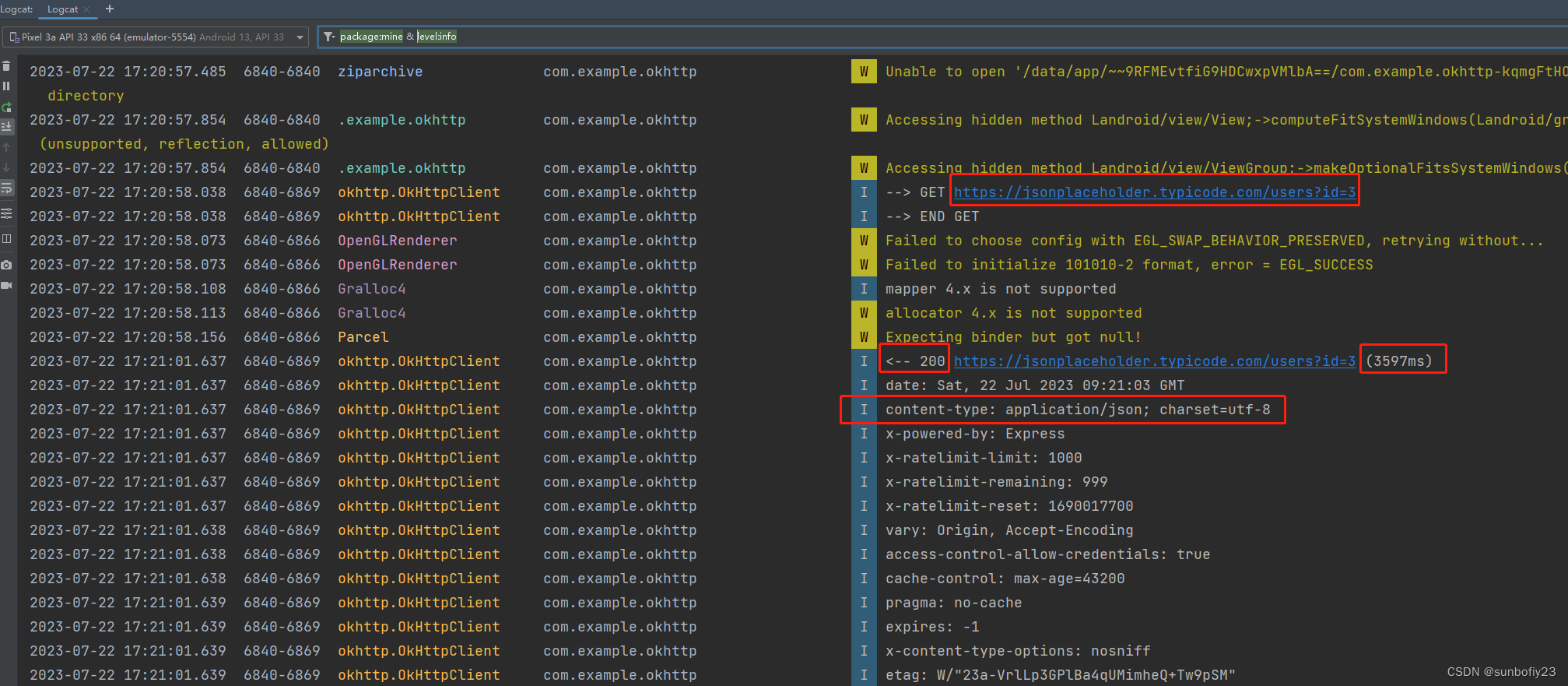
自定义LoggingInterceptor
1:写一个类,实现Interceptor接口,复写intercept(chain:Interceptor.Chain):Response{}方法
package com.example.okhttp.http
import android.util.Log
import okhttp3.Interceptor
import okhttp3.MediaType
import okhttp3.RequestBody.Companion.toRequestBody
import okhttp3.Response
import okhttp3.ResponseBody
import okhttp3.ResponseBody.Companion.toResponseBody
import okio.Buffer
class TypeInterceptor : Interceptor {
override fun intercept(chain: Interceptor.Chain): Response {
val time = System.currentTimeMillis()
//获取request
val request = chain.request()
//request.body转字符串
val str = request.body?.toString() ?: "request.body is null"
Log.d(
Hiokhttp.TAG, String.format(
"sending request url is %s with body is %s",
request.url, str
)
)
//获取response,因为okhttp的原理,response.body在获取一次以后,
//就不能再生成响应流了,因此需要构造一个新的返回
val response = chain.proceed(request = request)
//将response的数据保存到新的response
val data: String = response.body?.string() ?: "response.body is null"
//构建新的response
val medieType = request.body?.contentType()
val newBody = data.toResponseBody(medieType)
val end = System.currentTimeMillis()
Log.d(
Hiokhttp.TAG, String.format(
"received url is %s with host time %.1f ms ",
request.url, (end - time) / 1e3
)
)
return response.newBuilder().body(newBody).build()
}
}下面看一下效果,我们将请求url和请求体,以及花费时间 成功打印了出来,避免冗余繁琐的日志。

